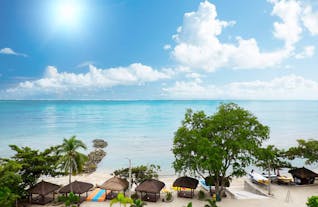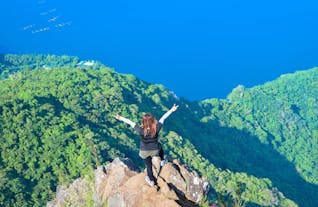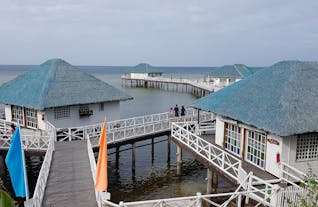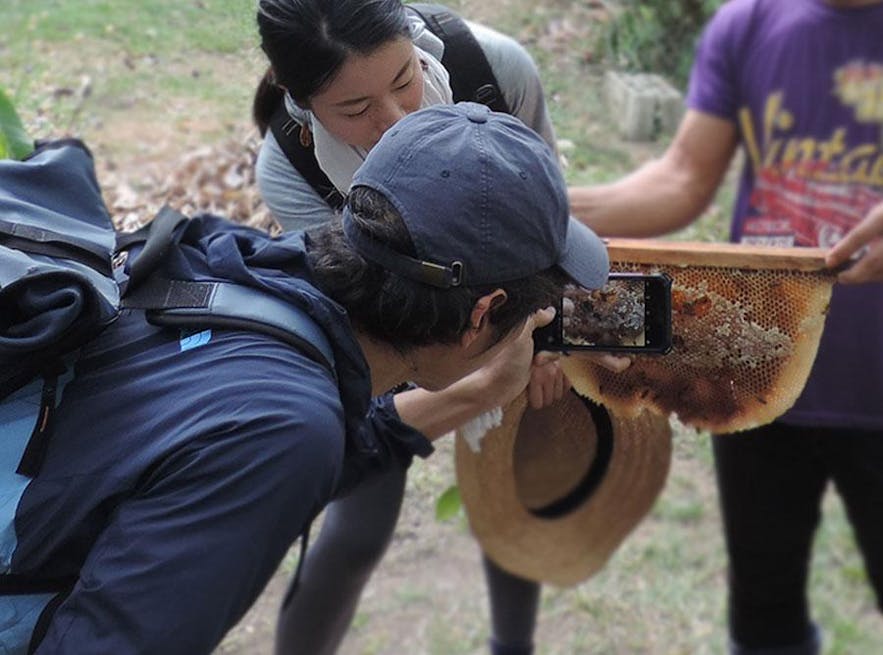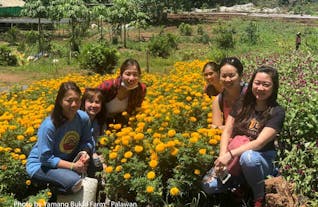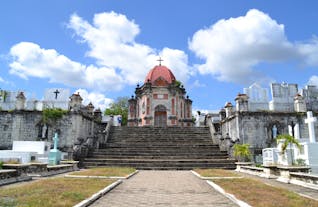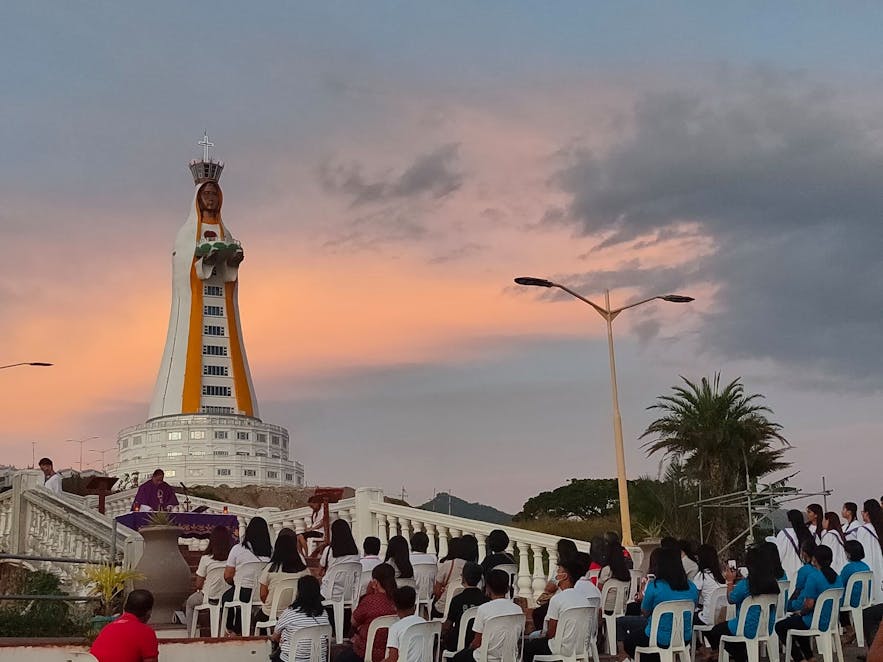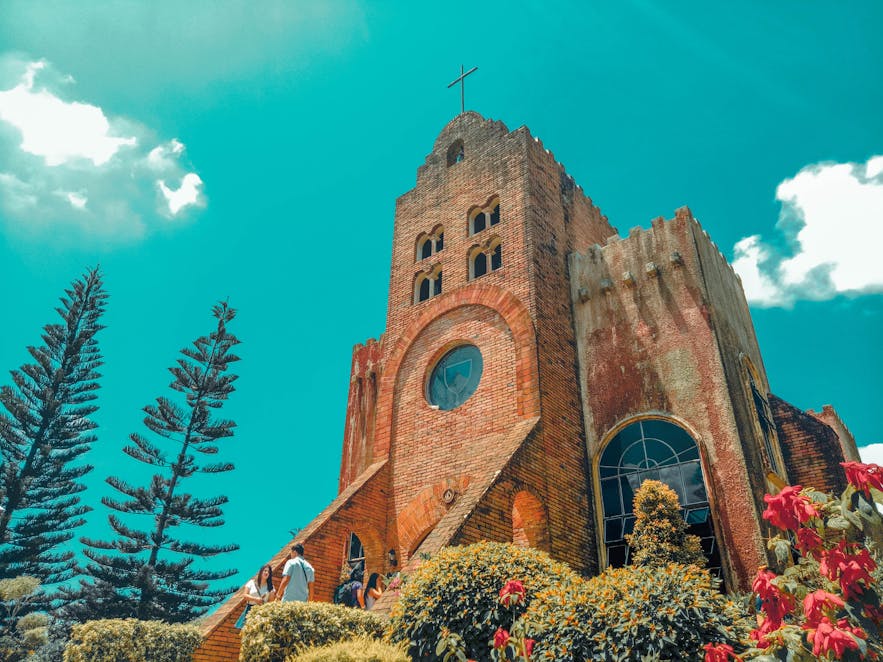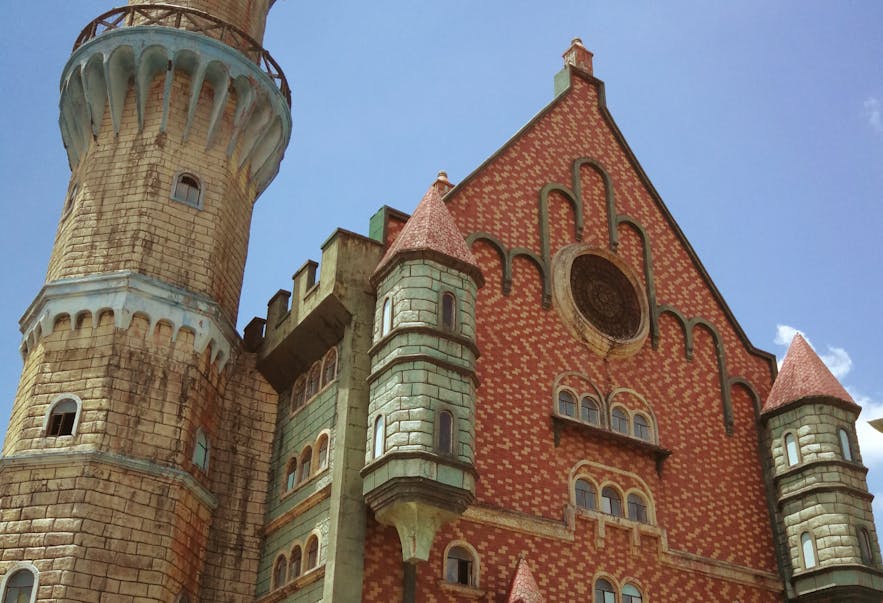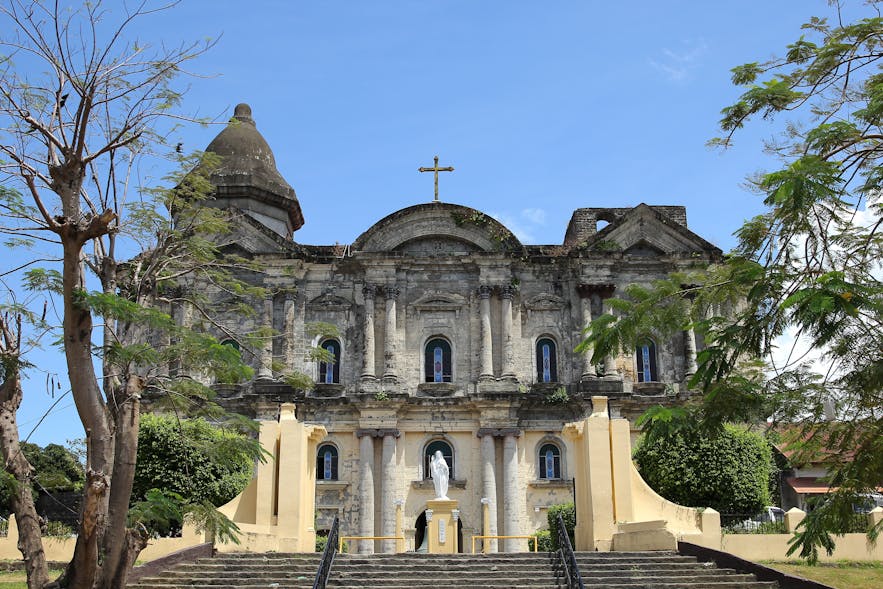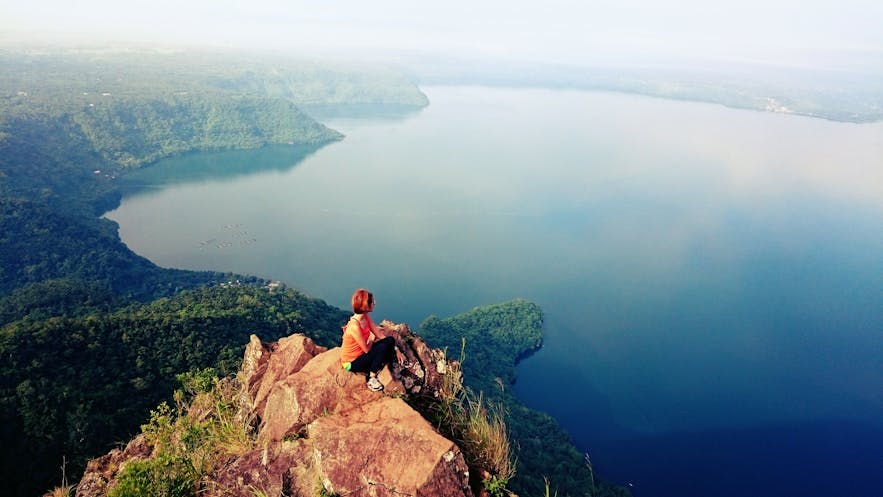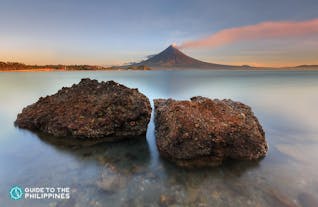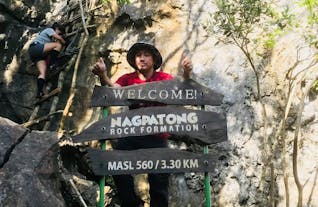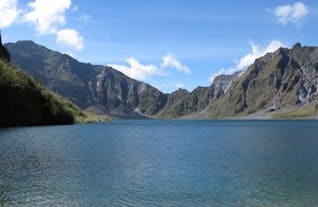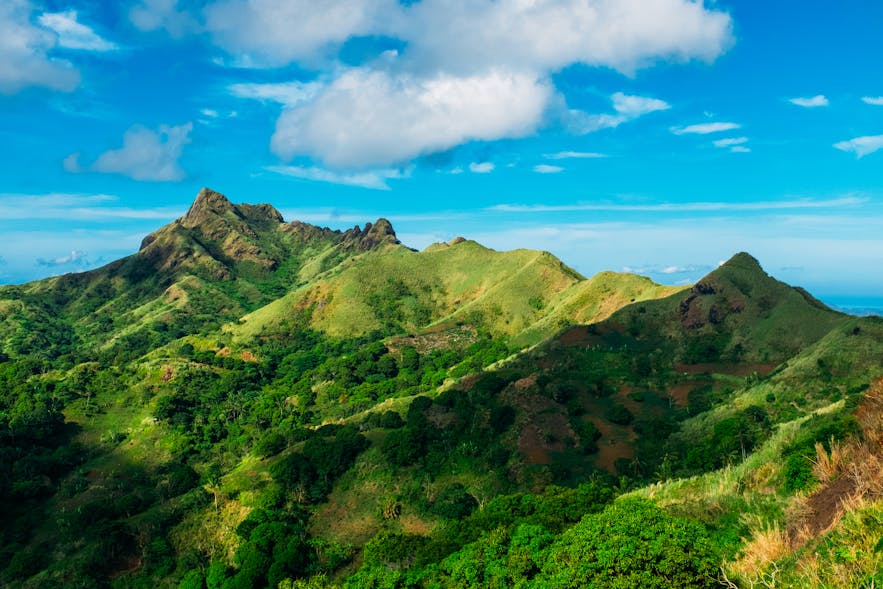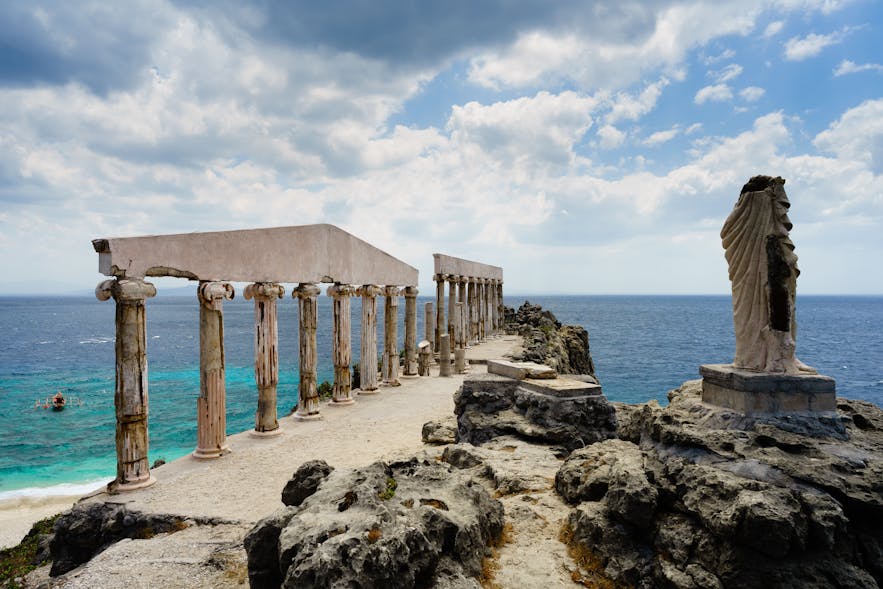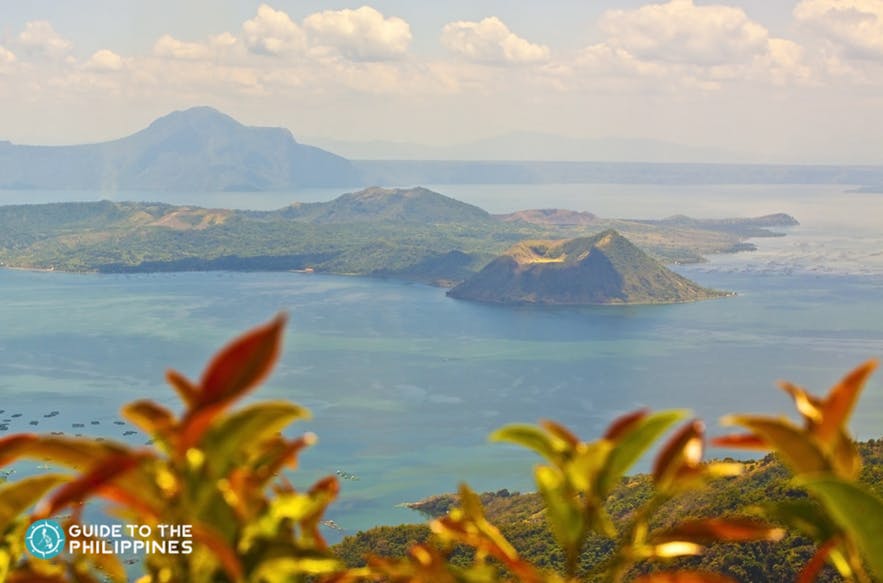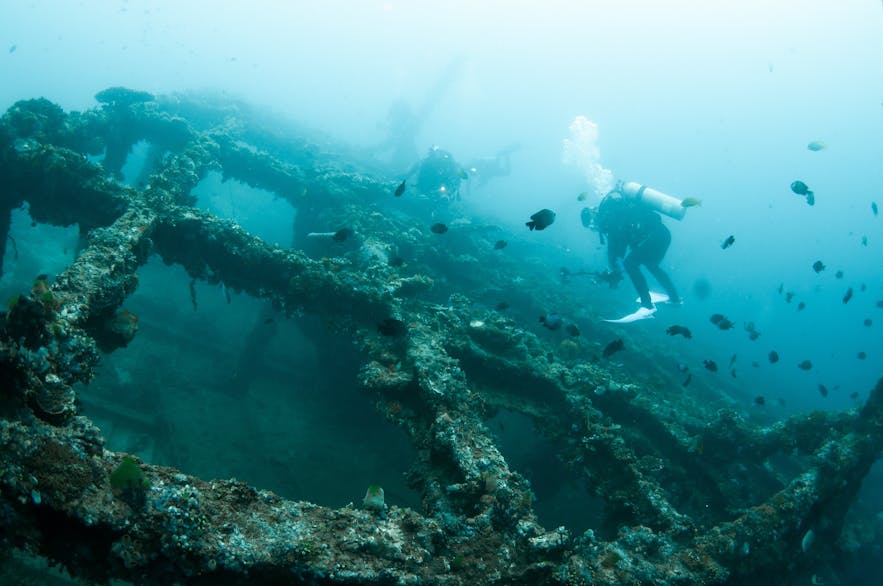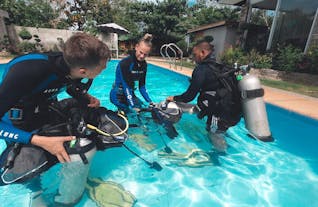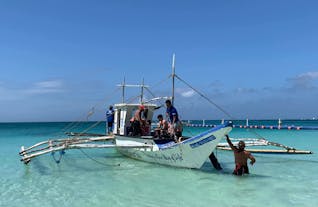
The province of Batangas is located in the CALABARZON region of the Philippines. A huge section of the province sits on the southwestern coast of Luzon island.
Batangas is one of the most popular holiday destinations for domestic travelers mainly because of its proximity to Manila, the Philippines' capital. If you want a quick weekend getaway or vacation, Batangas is perfect as it is only about 108 km away, around a 2 - 2.5 hours drive from Manila.
To get here, you can rent a car, book Batangas tours, or take one of the buses that regularly connect to the province. Batangas’ accessibility from Manila is not the only reason to visit it. The province is such a great holiday destination for families and big groups because it offers a wide range of experiences and attractions.
Batangas tourist spots include historical sites, distinct architecture, and outdoor attractions. The province is home to several gorgeous beaches near Manila, ranging from black to powdery white. It caters to outdoor adventures as it has farms, camping grounds, waterfalls, mountains, diving sites, and hiking trails.
To help you plan your trip, here are the best Batangas tourist spots to check out and add to your itinerary:
12.Milea Bee Farm
Photo by Milea Bee Farm
Milea Bee Farm is located on Kurba Road, Lipa Batangas, about 21 km away from Batangas City. The farm attracts many visitors due to its authenticity and serene environment and is one of the top farm destinations in the Philippines. The farm does not feel like a tourist trap as it advocates bee propagation, beekeeping education, and agricultural sustainability.
The main tourist activity in Milea is a guided farm tour called “Beesita sa Bukid Tour.” This tour starts with a short educational talk on bees and their habitat. Afterward, you can walk around the property and learn about different flowers, plants, and fruits growing here. The tour also includes seeing the bees up close and honey tasting.
The tour duration is 1.5 hours. The tour guide usually gives out snacks to participants and organizes fun games if there are children around.
Milea Bee Farm also offers vegetable picking to its guests. Aside from beekeeping, the farm also grows a variety of vegetables like tomatoes, cucumber, celery, and string beans.
11. Monte Maria Shrine
Photo by Montemaria International Pilgrimage and Conference Center
Monte Maria is not just a shrine but an international pilgrimage and conference center built in honor of the Virgin Mary. Formally known as Montemaria International Pilgrimage and Conference Center, the complex spans 8 hectares and is situated 20 kilometers outside of Batangas City.
Monte Maria is one of the top Batangas tourist spots because of its uniqueness. It is meant to be both a religious and tourism site. Although devotees and pilgrims are attracted to it, Monte Maria caters to regular tourists as well.
The main landmark of the center is the Virgin Mary Shrine, officially named Mother of All Asia-Tower of Peace. At over 98 meters, this tower is considered one of the tallest Virgin Mary statues in the world. It sits on the top of a plateau, about 148 meters above sea level. The tower overlooks Verde Island Passage, Batangas Bay, and parts of Oriental Mindoro.
Monte Maria houses two chapels, a restaurant, a souvenir shop, and impressive architectural designs. It is also a retreat and retirement center that has rooms and spaces for workshops and conferences. Monte Maria is about 20 kilometers away from Batangas City.
10. Caleruega Church
Caleruega Church is one of the most famous churches in Batangas. This property is perched on the highest hill of Nasugbu Town. Caleruega is named after a Spanish municipality.
Caleruega Church has beautiful architecture and a tranquil natural environment that makes it ideal for religious activities and spiritual retreats. In fact, it has become a well-known wedding venue.
Caleruega is not just a church but a retreat center surrounded by lush scenery. Its main building is called the Transfiguration Chapel. This chapel has a nice colonial design and a peaceful ambiance. This is the most photographed part of the property and where most couples choose to wed.
Aside from the main building, you can visit the other interesting sections of the complex during your visit. Some of these are the Fountain Compass, the Tent Chapel of Transfiguration, St. Dominic’s Point, Kampo Terraces and Amphitheater, and the Dominicum’s grand stairway. Caleruega’s outdoor area also features a koi pond, a Japanese garden, plant nursery, a worm farm, a hanging bridge, and various walkways.
You can visit Caleruega Church on a day trip and spend a couple of hours exploring the property. However, since it’s also a retreat center, Caleruega is equipped with cottages, large halls, and a campsite to accommodate guests who wish to stay overnight.
9.Fantasy World
Fantasy World was meant to be the Philippine version of Disneyland. It’s supposed to be the largest and grandest theme park in the country. However, this ambitious project has remained unfinished. Fantasy World has never opened as a theme park. According to local stories and rumors, the Japanese owner had financial problems and, therefore, stopped the construction years ago.
Despite being a failed project, Fantasy World is still a favorite Batangas tourist spot and a frequent filming location. Its large fairytale castle, medieval-themed structures, and sad story have managed to attract many tourists.
You can still access Fantasy World if you pay the minimal entrance fee. But it’s not a functional theme park, so there are no rides or shows. With its intact medieval architecture and lush surroundings, Fantasy World is still very scenic.
While here, you can walk around, enter the fairytale-like buildings and take photos. One popular spot in the abandoned park is the hanging bridge connected to two treehouses. You can climb to the top of the treehouses and enjoy the views of Batangas, including the Taal Volcano.
Fantasy World is located along Diokno Highway in Lemery, Batangas. A local homeowners association is managing and operating the property.
8. Taal Basilica
Taal Basilica’s official name is Basilica of St. Martin de Tours. It stands on top of a hill at the center of Taal Town. This basilica is huge; it is 96 meters high and 45 meters wide. It is often referred to as the largest Catholic Church in Asia.
Taal Basilica was reconstructed several times in the 19th century. Its Baroque appearance today is attributed to architect Luciano Oliver, who redesigned the church in 1856.
The church’s main draws are its silver tabernacle and facade, which is comparable to the one at St. Peter’s Basilica in Rome. Taal Basilica’s 26 classical columns at the entrance are indeed an impressive sight!
Taal Basilica is a popular wedding site and a favorite destination of devotees during the Catholic Lenten season.
When you enter, the basilica’s altar size will immediately impress you. This altar is 10 meters wide, 24 meters high, and lined with Doric columns with a Jesus Christ statue at the center.
Taal Basilica is the main building in Taal Park, which has other notable landmarks like the Rizal College and the Escuela Pia: Taal Heritage Center.
7. Sombrero Island
Sombrero Island is one of the most visited islands in Batangas. From afar, the island looks like a dark hat jutting from the sea. Hence, it's named "sombrero," which means 'hat' in Spanish. The island is one of the best spots to snorkel in Batangas. It also has a beach composed of white sand and crushed shells.
Sombrero Island is located off the coast of Anilao. Visitors usually take a boat tour to reach the island from Anilao’s shoreline. The boat ride from the mainland takes about 15 to 20 minutes. However, travel time may vary depending on sea conditions.
You need to pay a fee to enter Sombrero Island. Aside from snorkeling, you can swim and have a picnic on the beach. You can also walk around the island. It is small enough that it will only take less than an hour to explore it.
Sombrero Island is uninhabited and has no hotels, shops, or tourist infrastructure around. Overnight stays are not allowed. You must bring your own food and drinks but make sure to clean up after and take your trash with you.
6.Mt. Maculot
Mt. Maculot is one of the most well-known hiking spots in the Philippines. This mountain stands at 930 meters above sea level. The hike to the summit is rated 4/9 in difficulty level. Even though some parts of the mountain trail are slippery, steep, and muddy, a reasonably physically fit person can do the trek.
Trekking to the top of Mt. Maculot usually takes about 5 to 6 hours. Some hikers start the climb before dawn to maximize sunrise views.
Mt. Maculot is situated in Barangay Cuenca, Batangas. Before trekking, you will need to pay a fee and register with the local authorities. You also need to hire a trained guide to ensure a safe journey.
People hike to Mt. Maculot’s summit to enjoy some of the best views of Taal Volcano and Taal Lake. The Mt. Maculot trail features 14 resting camps or stations. These stations symbolize Jesus Christ’s crucifixion journey on Mount Calvary.
The climb has three main destinations, which are “the Grotto,” “the Rockies,” and “The Summit.” “The Grotto” is the site for the Lady of Lourdes shrine and a popular vantage point for Mt. Maculot’s summit. “The Summit” offers views of the Taal Volcano Island, the Labangan Bay, and Mount Makiling, a dormant volcano. “The Rockies” is the third vantage point that has views of the picturesque rocky cliffs along the southernmost part of Lake Taal.
5.Mt. Batulao
Situated in Nasugbu, Batangas, Mt. Batulao is one of the most accessible mountains near Manila and is another top hiking destination in the Philippines. Mountain climbing enthusiasts come to Mt. Batulao because of its many peaks, boulder formation, grass ridges, and scenic views.
Mt. Batulao is one of the easiest Batangas mountains to trek, making it a perfect location for training climbs.
The journey to the summit is composed of open trails and rolling slopes. The mountain summit is about 811 meters above sea level. Mt. Batulao has 12 peaks that offer panoramas of Taal Lake, Cavite, Nasugbu coastline, Maragondon mountains, Tagaytay highlands, Balayan Bay and Mt. Maculot.
The mountain offers two main trails, called “Old Trail” and “New Trail''. The Old Trail is located in the mountain's eastern section and has 10 campsites/stations. The New Trail is on the west side of the mountain, and it features only one large campsite.
The Evercrest Golf Course in Nasugbu is the jumpoff point to Mt. Batulao. From the golf course's entrance, you can walk or use the tricycle (local three-wheeler) to reach the start of the trails. Local guides, some of which are kids, would usually offer their services at the entrance.
4. Fortune Island
Fortune Island lies just an hour off the coast of Nasugbu, Batangas. It features a white sandy beach, a cliff diving point, and clear turquoise water.
The island’s history is quite interesting as it used to be the site of a luxurious resort. Unfortunately, the resort closed down because of the huge maintenance cost and the absence of freshwater sources. The Grecian Acropolis, which sits on top of a limestone cliff, is a reminder of Fortune Island's luxury resort days.
The jumping point to Fortune Island is the Fortune Island Resort on the mainland. You must pay an entrance fee at the resort to enter the island. You will also need to ride a boat for 1 to 1.5 hours to reach the island.
Aside from swimming and relaxing on the beach, some activities you can do while on Fortune island include trekking the island, visiting the lighthouse, and snorkeling. Remember to bring your own equipment to snorkel.
You can visit Fortune Island on a day trip, or you can stay overnight. There are cottages on the island available for rental for the day and overnight stays. The resort also allows camping but charges tent rental or tent placing fees for those who will bring a tent.
3.Taal Volcano
Taal Volcano is the most recognizable landmark of Batangas. Standing at only 3 meters above sea level, it is one of the smallest volcanoes in the world. Aside from its size, Taal stands out because of its unique physical features.
Inside the Taal Volcano’s caldera lies the beautiful Taal Lake, which surrounds more than 40 craters and cones. In the middle of this lake sits Volcano Island. At the center of Volcano Island is another lake referred to as the Main Crater Lake.
Taal Volcano has erupted many times throughout history. It remains to be one of the most active volcanoes in the Philippines.
The main tourist activity around Taal used to be trekking to the main crater on foot or a horse. Due to safety reasons, the local government currently prohibits Taal Volcano trekking tours. However, you can still enjoy Taal Volcano panoramas from vantage points in the lakeshore towns of Talisay and San Nicolas. These towns have many restaurants, cafes, and small resorts that offer great food and amazing views of Taal Volcano.
2. Anilao diving
Anilao is one of the top diving spots not only in Batangas but in the entire country. It rests on the northern coast of the Calumpang Peninsula, within the municipality of Mabini.
What was once a sleepy fishing village, diving in Anilao became famous for its rich and colorful underwater world, which is now a marine protected sanctuary. Today, Anilao and the neighboring villages are filled with resorts to keep up with growing accommodation demands.
Many enthusiasts consider Anilao as the birthplace of scuba diving in the Philippines. It is the jumping point to more than 20 dive sites. Some of the prominent ones include Twin Rocks, Kirby’s, Beatrice Rocks, Mainit Point, Secret Bay, Eagle Point, and Devil’s Point.
You don’t have to be a veteran diver to explore Anilao’s underwater. There are many diving courses and packages and daily tours for both beginner and advanced divers. It’s possible to dive all year round here, but the main diving season is from early November to May.

